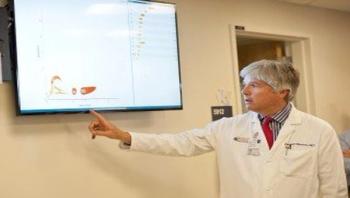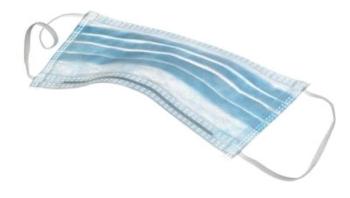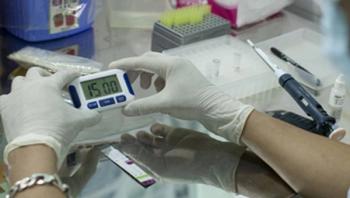
News









University of Virginia Health System and the MITRE Corporation are partnering to develop better health data analysis tools to help prevent patients from getting sick and improving care while reducing healthcare costs.


It’s a basic principle of immunology: When a germ invades, the body adapts to that particular target and destroys it. But much remains unknown about how the immune system refines its defensive proteins, called antibodies, to most effectively zero in on that invader. Experiments at Rockefeller University offer new insight into the details of this selection process.






Proteins responsible for controlling levels of iron in the body also play an important role in combatting infection, according to a study published today in Cell Host & Microbe. Humans -- along with all living organisms, including pathogens -- need iron to survive: invading organisms try to highjack it from their hosts in order to thrive and multiply. Researchers at EMBL Heidelberg, and their colleagues, have now discovered that proteins responsible for helping the body maintain the correct levels of iron at a cellular level are also involved in helping to prevent this theft. These proteins form a system called IRP/IRE (iron regulatory protein/iron responsive element).


While strides have been made to address occupational injuries and exposures in the healthcare environment, the obstacles remain, and ex-perts say that a greater commitment to safety among all stakeholders -- healthcare personnel, healthcare institutions and industry -- is necessary to achieve a reduction in the numbers of individuals experiencing these adverse events. This special digital issue explores current rates of reported sharps-related injuries and blood/body fluid exposures; looks at recent data characterizing efforts toward improving safety, and presents the findings of a survey of infection preventionists.










